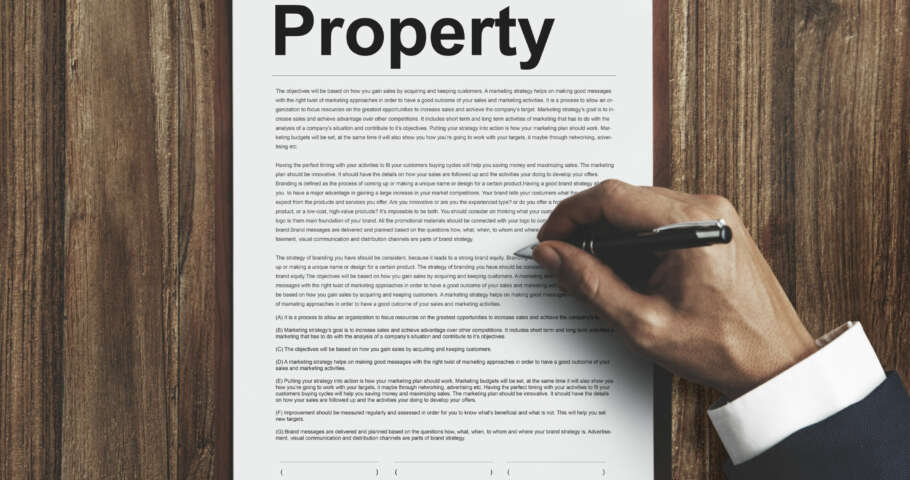Ending a marriage is not an easy decision, given the significant effect it has on the lives of everyone involved, and one of the things that can make it more difficult is feeling lost when it comes to the legal process and the steps that need to be taken to ensure a smooth transition. Couples going through or considering divorce in the UAE must grasp the legal procedures that apply in their unique cases. In this article, we will look at crucial elements to consider while filing for divorce in the UAE, in order to provide assistance and shed light on the steps of this complicated process.
Understanding the Legal Framework
The UAE’s divorce legal system relies primarily on Sharia law. There are specific courts that deal with family affairs, including divorce cases, and use Sharia guidelines to address issues such as child custody. The Personal Status Court in the UAE is responsible for addressing divorce matters for both Emiratis and expatriates. This court adopts an organized approach that often includes counseling sessions, settlement negotiations, and court appearances, in order to facilitate the fair and swift resolution of disputes between spouses.
Divorce Laws in the UAE for Muslim and Non-Muslim Couples
The religion of the couple plays a major role in how the divorce is handled. Below are the general guidelines on how divorce is dealt with for Muslim and Non-Muslim couples:
For Muslim Couples:
Sharia Law guidelines and rules are followed for Muslim couples seeking to end their marriage in the UAE, and is applied in the case that both spouses are Muslim, or the husband is Muslim. Sharia Law guidelines will regulate decisions on issues such as divorce grounds, child custody, and financial obligations.
For Non-Muslim Couples:
Non-Muslim expatriate residents in the UAE can file for divorce in their home country or within the UAE jurisdiction. If the parties prefer having the laws of their home country applied to their divorce case, they can ask the court for this arrangement.
In the case that certain aspects of the divorce procedure are not covered by the laws of the parties’ home country, the courts in the UAE have the liberty to apply the appropriate provisions of UAE law to address and resolve the issue at hand.
In Abu Dhabi, a new law was introduced in November 2021 by the late H.H. Sheikh Khalifa bin Zayed bin Sultan Al Nahyan (may he rest in peace), which was aimed at establishing a streamlined and flexible judicial mechanism for Non-Muslims. Under this new law, expatriate spouses have the opportunity to seek divorce without being obligated to provide justifications for their separation.
Another significant aspect of this law is that divorce can be granted at the first hearing without the need to undergo mandatory counseling sessions for the couple, providing them with more autonomy and control over the divorce process.
Additionally, and to ensure clarity and understanding for foreigners involved in the divorce process, all the necessary documentation and legal proceedings can be conducted in both Arabic and English. This bilingual approach aims to facilitate expatriates’ comprehension of the legal aspects and ensure they have a full understanding of the process.
Filing for Divorce in the UAE
The process of filing for divorce in the UAE adopts a conciliatory approach that aims to facilitate a smooth separation where both parties are in agreement. We have prepared a step-by-step guide on how to apply for a divorce in the UAE below:
- Registration: To begin the divorce proceedings, either partner has to register the case with the Family Guidance Division in the emirate they reside in. When registering the case, the spouse needs to present a document that serves as proof of marriage, such as a marriage certificate, passports for both spouses, passports for any children involved, and birth certificates, and all documents must be translated into Arabic.
- Counseling: During this stage, both parties will be requested to attend several conciliation sessions in an effort to reconcile or reach a mutually accepted settlement. These sessions serve as an opportunity to address and discuss several key points of the separation, such as child custody and post-divorce rights. The ultimate goal of this step is to establish mutual understanding and agreement between the parties on these matters, thus paving the way for a smoother and more beneficial result.
- Drafting the Agreement: After achieving mutual consent on all key matters, the counselor proceeds to draft an agreement. This agreement includes the decisions made by both parties regarding crucial aspects of the divorce. Following the agreement drafting, the counselor schedules a final hearing date before a judge, where the agreement will be presented and reviewed for approval.
- Filing the Agreement: Upon completion, the drafted agreement is presented to the Personal Status Court by the counselor overseeing the divorce proceedings. Since both parties have reached an agreement, the case then advances directly to the Enforcement Court, which oversees the implementation and enforcement of the court’s judgment to ensure adherence to the agreed-upon terms.
- Alternative Process for Disagreements: There are cases where the parties involved in the divorce don’t see eye to eye and cannot agree on certain things. In such cases, the couple needs to appear before a judge at the First Instance Court who then evaluates the agreement terms provided by the counselor and makes a judgment. This process does not have an exact timeline and can include offers and counteroffers by the parties involved. During this step, the parties are permitted to hire lawyers, but it is not mandatory. Once a ruling has been made by the judge and the divorce is finalized, a divorce certificate is then issued.
- Divorce Order and Certificate: Once the divorce certificate is issued, either party has a 28-day window to appeal against the judgment if they wish to do so. After 28 days, the couple can remarry if they wish to do so, but they cannot revoke the divorce.
- Submitting the Divorce Certificate: After receiving the divorce certificate, it is important to submit it to the relevant authorities for proper documentation and administrative purposes. The divorce certificate must be submitted to the Department of Justice in the UAE to ensure that it is officially recorded within the local legal system.
For non-Emirati nationals, the divorce certificate should also be submitted to the Ministry of Foreign Affairs (MOFA) to validate the divorce within the UAE. Furthermore, it is important to submit a copy of the divorce certificate to the respective consulate or embassy of the couple’s home country to ensure that the divorce is recognized and registered in the home country’s records.Navigating a divorce can be stressful, especially if you are not aware of the laws and regulations that can ensure your rights are protected. We at Khawla Saeed Advocates & Legal Consultants are here to provide the support and expertise you need to ensure that this process is as smooth as possible for you. Our dedicated team of legal professionals understands the specifics of the UAE’s legal system and has extensive experience in handling family law cases which include divorce cases. Schedule a consultation with our lawyers today to learn more about how we can help you.




